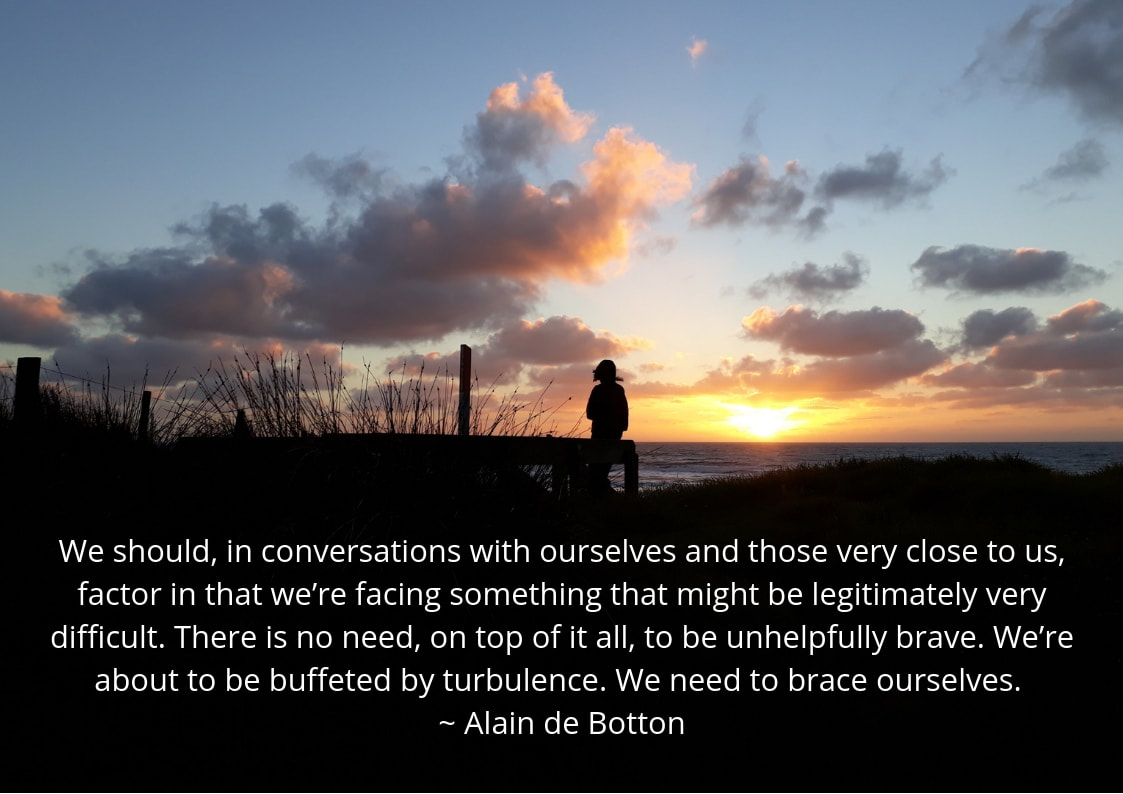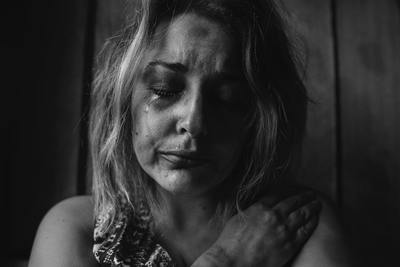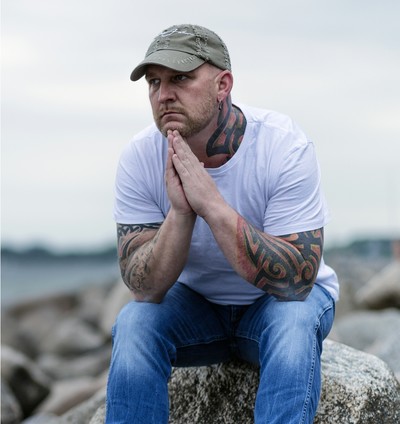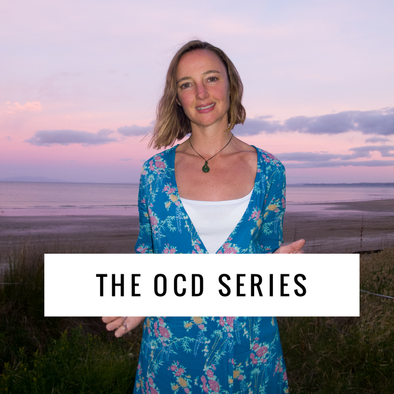 I'm sharing a list of things that can spike or worsen my OCD, rumination, anxiety, and stress. AND a list of things that have supported my recovery from 19 years of OCD, that make me feel happy in my soul, and which help to quiet my mind.
0 Comments
 Christmas can be a painful time of year for many people - a time when grief, loneliness, health struggles, depression, anxiety, lack of money, or family trauma can be that much more prominent. And what adds to the pain for many of us, is the loud, deeply contrasting message that this is a happy, merry, joyous time. A time of togetherness, of fun, of treats. A time of spending lots of money and receiving lots of gifts. A time of family. These societal messages can be like salt in our wounds. Yet this common human experience isn’t often talked about. In a spirit of acknowledging our human struggles and sharing ways to care for yourself through tough times, I’ve put together these mental health first aid tips for the holidays. There are tips for those who are: -feeling exhausted emotionally and physically -feeling suicidal -grieving -impacted by toxic family, and -for those who are struggling to sleep. Depression is one of the most commonly experienced mental health problems. While the causes of depression are different for everyone, there are often common contributors such as excessive stress or ongoing stress, trauma (past or recent), and emotional pain.
I’m going to share some tools for managing and recovering from depression that you might like to try. I lived with moderate to severe OCD for 20 years. It eventually became so debilitating that leaving my house became a struggle. After finally deciding enough was enough and committing to working on all aspects of my mental and physical health in my early 30s, I experienced 80–90% reduction in my symptoms of OCD.
Nutrition was one of the tools that helped most. This led to me studying to become a nutritionist, and eventually writing my ebook, Nutrition for Your OCD Recovery. It’s available in Kindle and pdf formats here. The previous three articles in The OCD series focused on nutritional tools that support your mental health. Yet nutrition is not the only tool for recovering from OCD, though it is an important one. This article will discuss the role of childhood trauma in OCD. Before we go further, I'd like to say – the information in this article won't be relevant for all of you. Not everyone affected by OCD will have experienced childhood trauma. If this article doesn't strike a chord for you, I invite you to look at the other articles in The OCD Series. |


